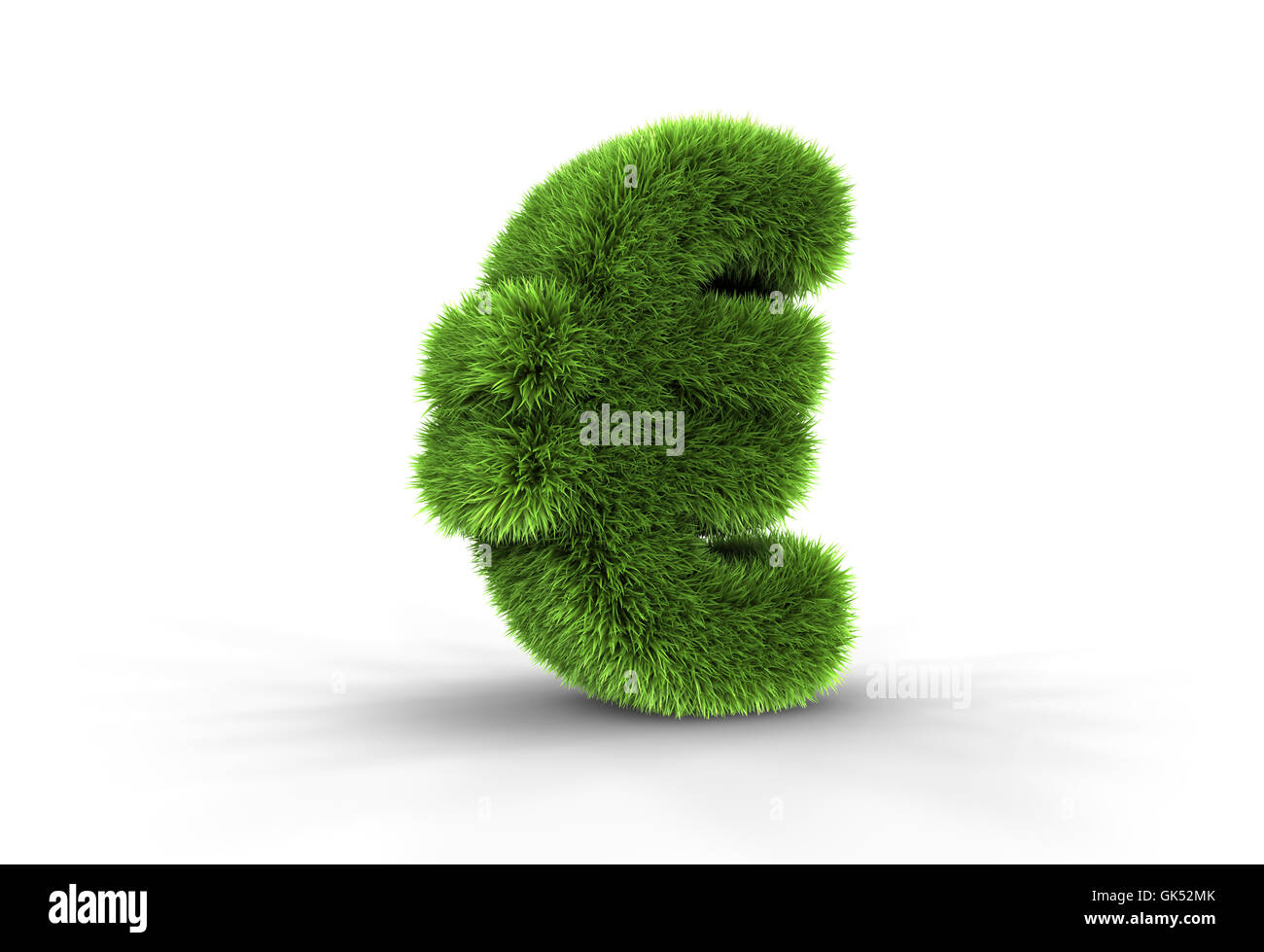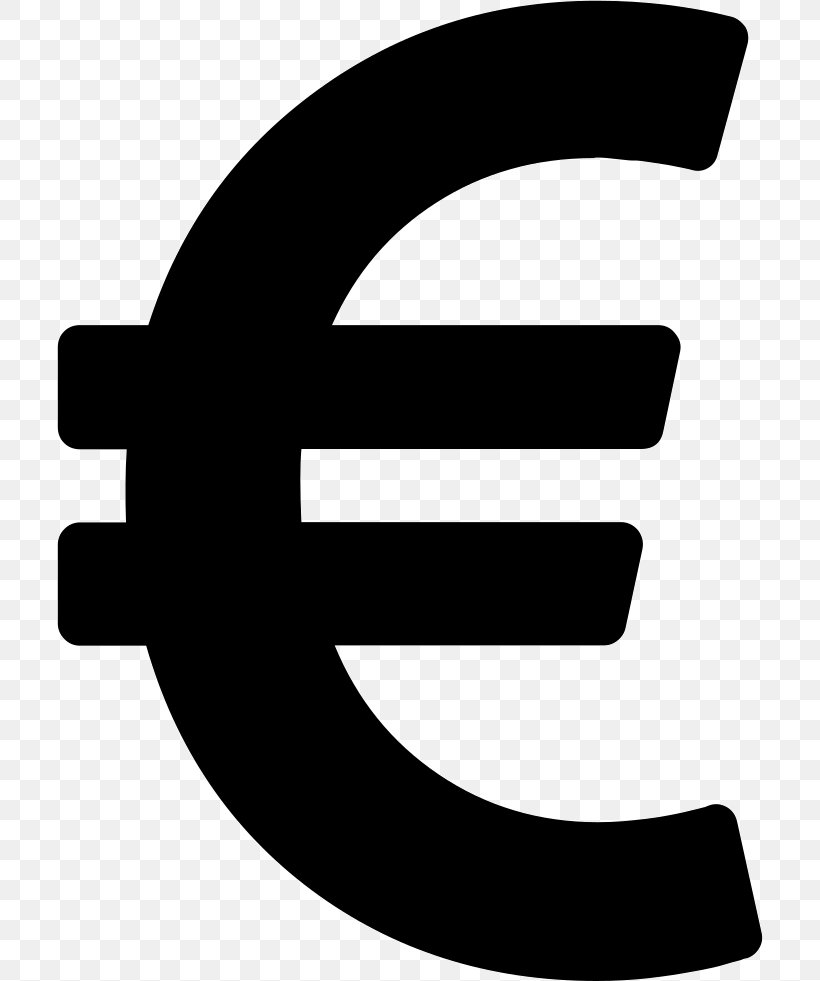Have you ever wondered why the euro sign looks the way it does? The € symbol is more than just a currency marker - it represents unity, stability, and modernity in the European economic landscape. From its unique design to its global significance, the euro sign has become an instantly recognizable icon in the world of finance. In this article, we'll dive deep into the story behind the euro sign and explore its various aspects.
When the euro was introduced back in 1999, the European Union wanted a symbol that would reflect the continent's ambition for economic integration. The € sign was carefully crafted to represent more than just a monetary unit - it embodies the spirit of European cooperation and progress. But what exactly makes this symbol so special?
As we navigate through the complexities of global currencies, understanding the euro sign becomes increasingly important for businesses and travelers alike. Whether you're dealing with online transactions or planning a trip to Europe, knowing the ins and outs of the € symbol can make a big difference in your financial dealings.
Read also:Pisces Season
What Exactly is the Euro Sign?
The euro sign (€) is the official currency symbol for the euro, which serves as the single currency for 19 out of 27 European Union member countries. Introduced in 1999, this distinctive symbol was designed to reflect the stability and strength of the European economy. But did you know that the € sign wasn't just randomly created? There's actually a fascinating story behind its design.
Design Inspiration and Symbolism
The € symbol draws its inspiration from several key elements. The two parallel lines in the middle represent the stability of the euro, while the design itself is based on the Greek letter epsilon (ϵ). This nod to ancient Greece acknowledges Europe's cultural heritage and its role as the cradle of Western civilization. Plus, the rounded lines of the symbol resemble the traditional "E" for Europe, making it instantly recognizable.
- The two lines symbolize stability and reliability
- Based on the Greek letter epsilon, honoring Europe's cultural roots
- Resembles the letter "E" for Europe
- Designed to be simple yet distinctive
How the Euro Sign Came to Be
Back in 1996, the European Commission launched a competition to design the perfect symbol for the new European currency. Over 30 proposals were submitted, but it was the design by Belgian artist Alain Billiet that ultimately won the hearts of the judges. The € symbol was officially unveiled on December 15, 1996, and has been representing the euro ever since.
Choosing the Winning Design
When selecting the final design, the European Commission considered several factors. They wanted a symbol that was:
- Easy to recognize and remember
- Simple enough to be used in various formats
- Reflective of European values and heritage
- Different from existing currency symbols
Billiet's design stood out because it successfully combined all these elements while maintaining a modern and professional appearance.
Where You'll See the Euro Sign
Nowadays, the € symbol is everywhere you look in the eurozone. From price tags to digital transactions, this iconic sign has become an integral part of daily life for millions of Europeans. But did you know there are specific rules about how the euro sign should be used?
Read also:Unblocked Games New 2025
Proper Usage Guidelines
According to official guidelines:
- The € sign should always precede the amount (e.g., €50)
- There should be no space between the symbol and the number
- Decimal amounts should use a comma, not a period (e.g., €50,50)
- Font size and style should match surrounding text
While these rules aren't strictly enforced, following them helps maintain consistency across different platforms and publications.
Why the Euro Sign Matters
In today's global economy, the € symbol plays a crucial role in international trade and finance. As the second most traded currency in the world, the euro's visibility is essential for maintaining confidence in the European market. But beyond its economic significance, the euro sign also serves as a powerful symbol of European unity.
Impact on Global Markets
Here are some key statistics about the euro's global impact:
- Used by over 340 million people daily
- Accounts for 20% of global foreign exchange reserves
- Second only to the US dollar in international trade
- Stable value despite economic challenges
These figures demonstrate why understanding the euro sign is so important for anyone involved in international business or travel.
Common Misconceptions About the Euro Sign
There are several myths and misunderstandings surrounding the € symbol. For instance, some people believe it's derived from the Latin letter "C", which isn't true. Others think the two lines represent different countries or regions, but they actually symbolize stability. Let's clear up these misconceptions once and for all.
Fact vs Fiction
- The € sign is NOT based on the dollar symbol
- It doesn't represent individual countries
- The design process was open and transparent
- There are no hidden meanings in the symbol
By understanding the true origins and meaning of the euro sign, we can appreciate its significance even more.
Using the Euro Sign in Digital Contexts
In today's digital age, properly displaying the € symbol is crucial for businesses and websites. Whether you're coding a website or sending an email, there are specific ways to ensure the euro sign appears correctly across different platforms.
Technical Implementation Tips
Here are some best practices:
- Use Unicode code point U+20AC for HTML
- Enter Alt+0128 on Windows keyboards
- Use Shift+Option+2 on Mac keyboards
- Ensure correct font support for all devices
Following these guidelines helps maintain consistency and professionalism in digital communications.
Future of the Euro Sign
As the world continues to evolve, the role of the euro sign is likely to expand. With increasing adoption of digital currencies and blockchain technology, the € symbol may take on new meanings and applications. However, its core significance as a symbol of European unity and economic strength will remain unchanged.
Adapting to New Technologies
Some potential future developments include:
- Integration with cryptocurrency platforms
- Enhanced security features for digital transactions
- Adoption in emerging markets
- Expansion into new industries and sectors
As the European economy continues to grow and adapt, the euro sign will undoubtedly play a vital role in its success.
Conclusion: Embracing the Euro Sign
In conclusion, the € symbol represents much more than just a currency marker. It embodies the values of European unity, stability, and progress. Whether you're a business owner, traveler, or simply someone interested in global finance, understanding the euro sign is essential for navigating today's interconnected world.
We encourage you to share your thoughts and experiences with the euro sign in the comments below. How has the € symbol impacted your life or business? Have you encountered any interesting uses of the euro sign in unexpected places? Let's keep the conversation going and explore this fascinating topic together!
Table of Contents
- What Exactly is the Euro Sign?
- How the Euro Sign Came to Be
- Where You'll See the Euro Sign
- Why the Euro Sign Matters
- Common Misconceptions About the Euro Sign
- Using the Euro Sign in Digital Contexts
- Future of the Euro Sign
Remember, the € symbol is more than just a mark on paper or screen - it's a powerful representation of European economic strength and cooperation. By understanding its history, design, and significance, we can better appreciate the role it plays in our global economy.


